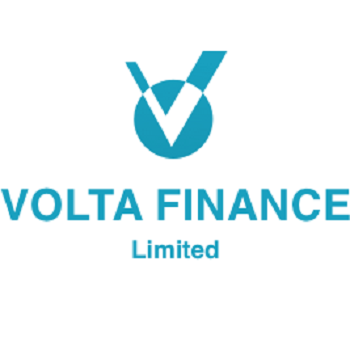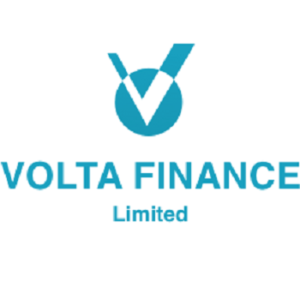Collateralized Loan Obligations (CLOs) have emerged as a significant element in the fixed-income market, offering attractive yields to investors. However, with the increasing emphasis on Environmental, Social, and Governance (ESG) factors, it raises the pertinent question of whether CLOs can contribute to a sustainable future.
Exploring the intersection of CLOs and sustainability, it is essential to consider the challenges and opportunities for integrating ESG principles into CLO structures. By examining how these complex financial instruments can potentially support positive environmental and social impacts, we can gain a better understanding of their role in a sustainable economy.
Fixed-income investments have traditionally not been associated with sustainability. Nonetheless, the growing investor demand for ESG-aligned options is pushing the industry towards innovation. Green bonds, social impact bonds, and sustainability-linked loans are gaining traction, demonstrating the potential for fixed income to contribute to a sustainable future. For the past two years, this sector has increasingly focused on sustainable principles, presenting promising avenues for incorporating sustainability into CLO structures.
CLO managers can adopt exclusionary screens to exclude companies with poor ESG practices from their investment pool, incentivizing sustainable business practices and mitigating potential environmental or social risks. Additionally, directing a portion of the CLO portfolio towards loans for companies actively contributing to sustainability goals can have a positive impact. This includes financing renewable energy projects, clean technology development, or initiatives promoting social well-being. Engagement strategies, where CLO managers encourage borrowers to improve their ESG performance, can also lead to long-term positive impacts for both companies and the environment.
The sustainable CLO market is still in its early stages, but there are encouraging developments. Regulations such as the EU’s Sustainable Finance Disclosure Regulation (SFDR) are driving increased transparency and accountability for asset managers regarding ESG factors, incentivising CLO managers to consider sustainability in their investment strategies. Investor demand for ESG-aligned investments is rising, prompting CLO managers to recognize the potential of sustainable CLOs to attract new capital. Additionally, industry associations and market participants are collaborating to develop methodologies for ESG integration in CLOs, helping to overcome data challenges and establish best practices.
The future of sustainable CLOs depends on overcoming existing hurdles. Standardized ESG data collection, robust methodologies for assessing the sustainability impact of CLOs, and continued investor demand are all crucial factors. Collaboration between CLO managers, regulators, and investors will be key to unlocking the full potential of sustainable CLOs.
Integrating ESG into CLOs offers several potential benefits. Companies with strong ESG practices may demonstrate better risk management and financial performance in the long run, potentially leading to lower default rates within the CLO pool. Sustainable CLOs can attract ESG-focused investors, broadening the investor base and increasing market liquidity. By directing capital towards sustainable businesses and promoting responsible practices within borrower companies, CLOs can contribute to a more sustainable future.
Rating agencies play a critical role in the CLO market by assessing the creditworthiness of different tranches. As ESG considerations gain importance, incorporating these factors into CLO ratings becomes essential. However, this presents challenges. Rating agencies need to develop methodologies that accurately assess the impact of ESG factors on a CLO’s credit risk, requiring access to reliable and standardized ESG data for the underlying loan collateral within the CLO pool. Ensuring transparency in how ESG factors are weighed against traditional financial metrics in their ratings process is also crucial. Collaboration between rating agencies, CLO managers, and industry bodies is essential to establish clear guidelines and methodologies for incorporating ESG factors into CLO ratings. This will ultimately enhance the credibility and effectiveness of sustainable CLOs as an investment option.
CLOs have the potential to play a significant role in the transition towards a more sustainable economy. While challenges remain, ongoing industry efforts and the growing demand for ESG-aligned investments indicate that sustainable CLOs could become a viable and impactful investment option. As the market matures and methodologies for ESG integration evolve, CLOs can become a powerful tool for generating financial returns while contributing to a more sustainable world.
Volta Finance Ltd (LON:VTA) is a closed-ended limited liability company registered in Guernsey. Volta’s investment objectives are to seek to preserve capital across the credit cycle and to provide a stable stream of income to its Shareholders through dividends that it expects to distribute on a quarterly basis.



